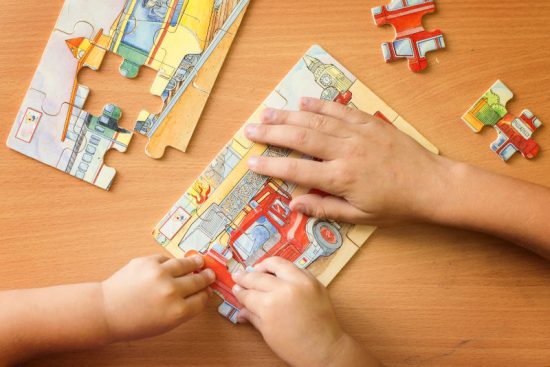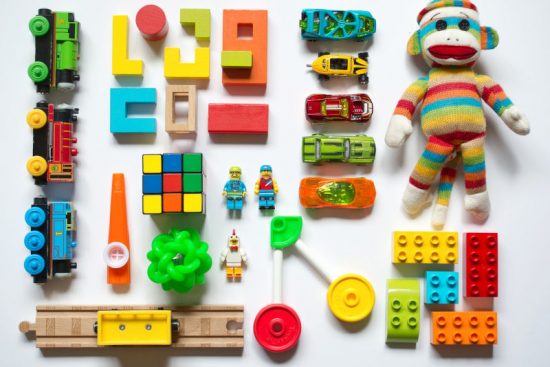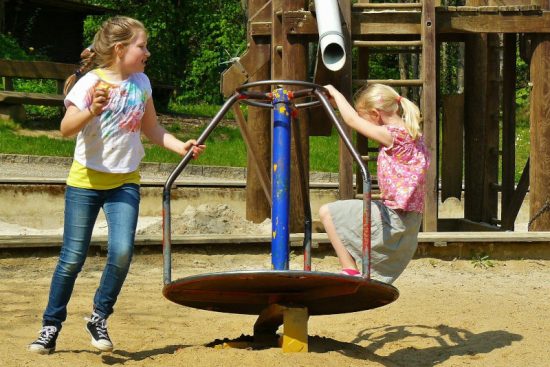
Navigating the challenging waters of co-parenting can be tough, especially when tensions run high. Toxic co-parenting not only affects the parents but also has a profound impact on the children involved. Recognizing toxic behaviors and understanding their implications is crucial for fostering a healthier environment.
Toxic Co Parenting Quotes
 Toxic co-parenting quotes reveal the emotional struggles and conflicts between co-parents. These quotes provide insights into toxic behaviors and their effects.
Toxic co-parenting quotes reveal the emotional struggles and conflicts between co-parents. These quotes provide insights into toxic behaviors and their effects.
Toxic co-parenting involves harmful behavior patterns that negatively affect the family dynamic. These behaviors include manipulation, hostility, and lack of cooperation. When parents engage in toxic patterns, they create a stressful and unhealthy environment.
Impact on Children
Children suffer greatly from toxic co-parenting. They experience confusion, stress, and emotional distress. Exposure to constant conflict can lead to anxiety, depression, and behavioral issues. In the long term, these children often face difficulties in forming healthy relationships.
Common Toxic Co-Parenting Quotes
Common toxic co-parenting quotes frequently highlight issues of criticism, manipulation, and hostility. Certain statements become recurring themes in toxic dynamics.
Criticism and Undermining Statements
Criticism and undermining statements erode the child’s sense of security. Examples include, “Your other parent doesn’t care about you,” or, “They never do anything right.” Such quotes plant seeds of doubt and distrust in the child’s mind, affecting their perceptions and relationships.
Manipulative Communications
Manipulative communications often disguise control as concern. For instance, “Tell your mom/dad I can’t believe they did that” pushes the child into a messenger role. Another example, “If you loved me, you’d choose my side,” creates emotional manipulation, forcing the child to take sides.
Identifying Toxic Behavior in Co-Parenting
Manipulation
Manipulation involves one parent using deceit or pressure to influence the child’s feelings or actions against the other parent. Common methods include guilt-tripping, offering rewards for loyalty, and spreading false information about the other parent. Recognizing manipulation is crucial because it distorts the child’s perceptions and breeds mistrust.
Hostility
Hostility manifests as verbal attacks or negative non-verbal cues directed at the other parent. Examples include shouting, name-calling, or ignoring. This toxic behavior creates an environment of fear and anxiety for the child, damaging their emotional well-being and sense of security.
Criticism
 Criticism involves one parent constantly finding fault with the other, both in private and in front of the child. Remarks like “Your mom never does anything right” or “Your dad is useless” erode the child’s respect and love for the other parent. Persistent criticism fosters a negative family atmosphere, impacting the child’s self-esteem and relationships.
Criticism involves one parent constantly finding fault with the other, both in private and in front of the child. Remarks like “Your mom never does anything right” or “Your dad is useless” erode the child’s respect and love for the other parent. Persistent criticism fosters a negative family atmosphere, impacting the child’s self-esteem and relationships.
Undermining
Undermining occurs when one parent deliberately disrupts the other parent’s authority or decisions. Examples include contradicting parenting rules, scheduling activities during the other parent’s time, or belittling parenting efforts. Such behavior confuses the child and destabilizes the co-parenting structure, leading to trust issues.
Emotional Neglect
Emotional neglect happens when a parent focuses solely on their own needs, ignoring the emotional well-being of the child. Signs include lack of empathy, dismissing the child’s feelings, or failing to provide emotional support. This neglect can lead to the child feeling isolated and unworthy of attention, affecting their mental health.
Identifying these toxic behaviors helps in taking corrective measures to foster a healthier co-parenting relationship.
Tips for Dealing with Toxic Co-Parenting
 Recognizing toxic behaviors is the first step toward creating a healthier co-parenting environment. It’s essential to set clear boundaries and communicate effectively to minimize conflict. Seeking professional help, like therapy or counseling, can provide valuable strategies for managing difficult interactions.
Recognizing toxic behaviors is the first step toward creating a healthier co-parenting environment. It’s essential to set clear boundaries and communicate effectively to minimize conflict. Seeking professional help, like therapy or counseling, can provide valuable strategies for managing difficult interactions.
Focusing on the children’s well-being should always be the priority. Encourage open communication with children and reassure them of their security and love. By fostering a positive and supportive atmosphere, parents can mitigate the negative impacts of toxic co-parenting.
Additionally, documenting any harmful behaviors can be crucial if legal intervention becomes necessary. Maintaining a calm and composed demeanor during interactions can also help reduce tension and promote a more stable environment for the children.
Ultimately, addressing toxic co-parenting behaviors requires effort and commitment, but the benefits for both parents and children make it a worthwhile endeavor.




